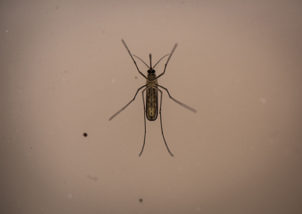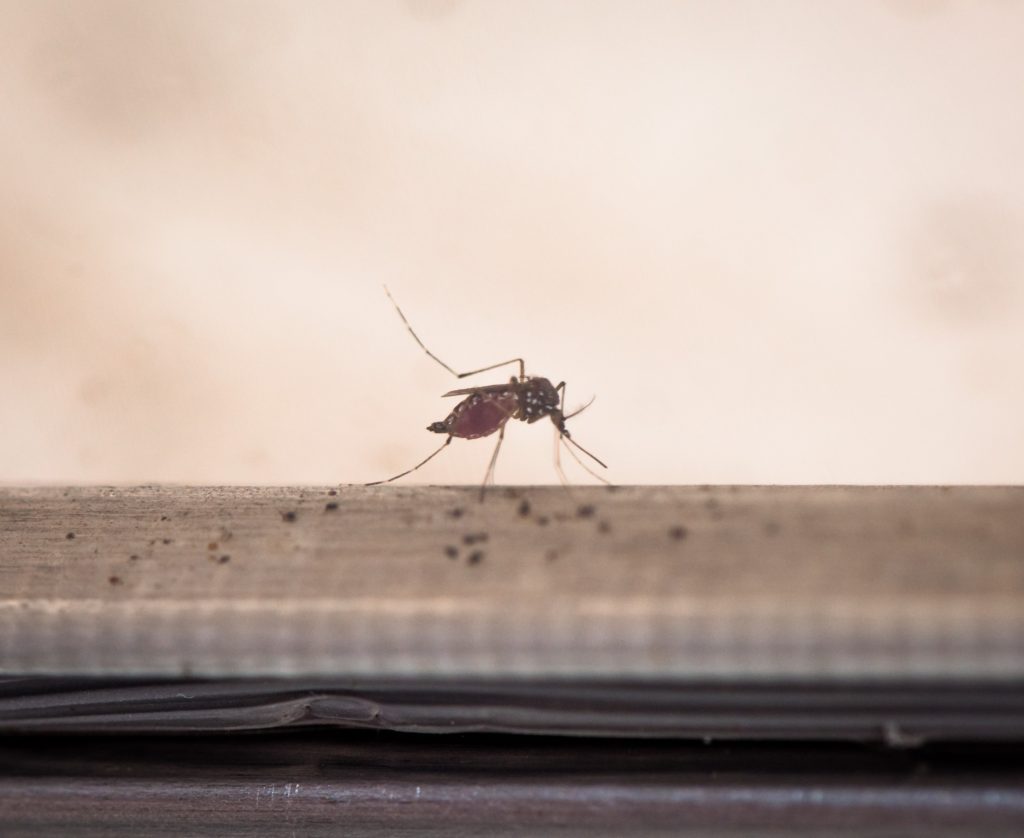Scientists from K-State’s Biosecurity Research Center Institute are part of a team that has developed a promising vaccine that could be used to stop the Zika virus.
The vaccine, a DNA vaccine, is considered to be safer and more effective against the virus and could offer more long-term protection at a lower cost.
Stephen Higgs, director of the facility said that the vaccine “is a successful advancement in developing control strategies for Zika virus by creating widespread immunity in susceptible populations.”
Higgs also added that one shot of this vaccine could offer years of protection at an affordable cost, particularly for Latin American and African countries.
Assistant professor of virology Dana Vanlandingham and postdoctoral fellow in diagnostic
medicine and pathobiology Yan-Jang Huang were two of the researchers at the forefront of vaccine development as they determined how the DNA vaccine was able to induce immunity and protection.
The next step for the vaccine will be testing its safety and effectiveness in humans.

Development of the vaccine has been part of a two-part approach which has also been studying how mosquitoes become infected with the Zika virus.
The development of the vaccine was led by the National Institute of Health and also involved researchers with the Federal University of Rio de Janeiro, Harvard Medical School, the Frederick National Laboratory for Cancer Research, Bioqual, and the Walter Reed Army Institute of Research.
Research at the Biosecurity Research Center was aided in part by funding from the College of Veterinary Medicine, the National Institute of Allergy and Infectuous Diseases, and the Frederick National Laboratory for Cancer Research.



